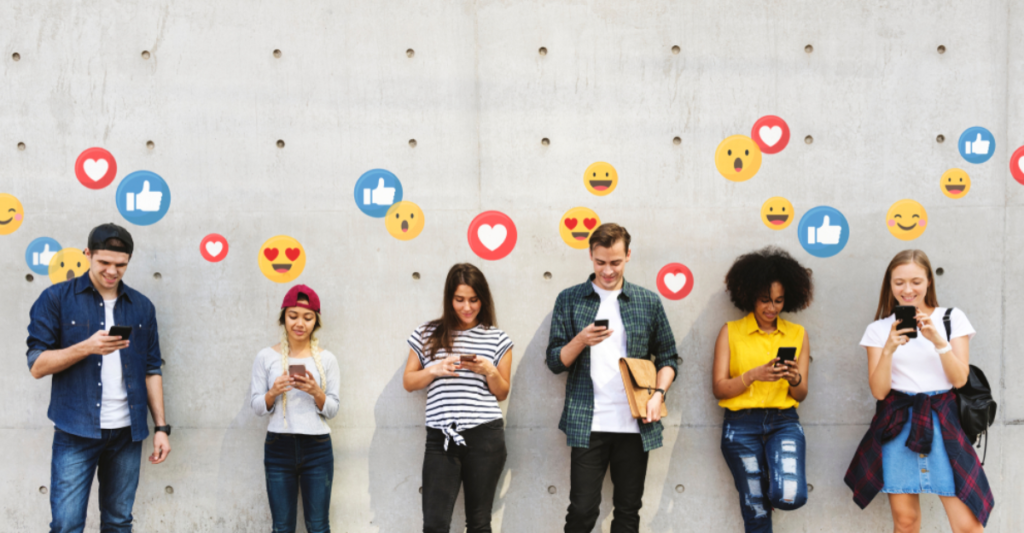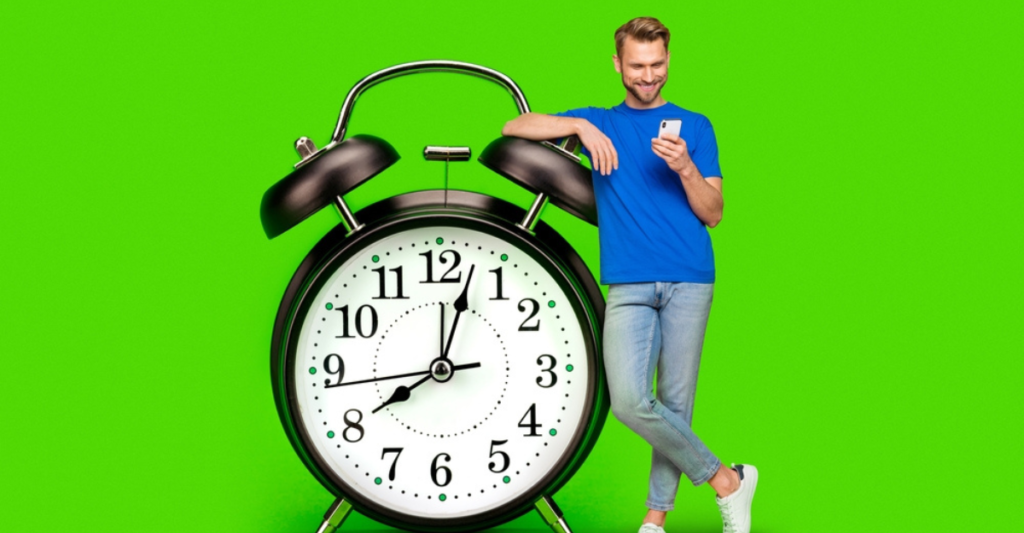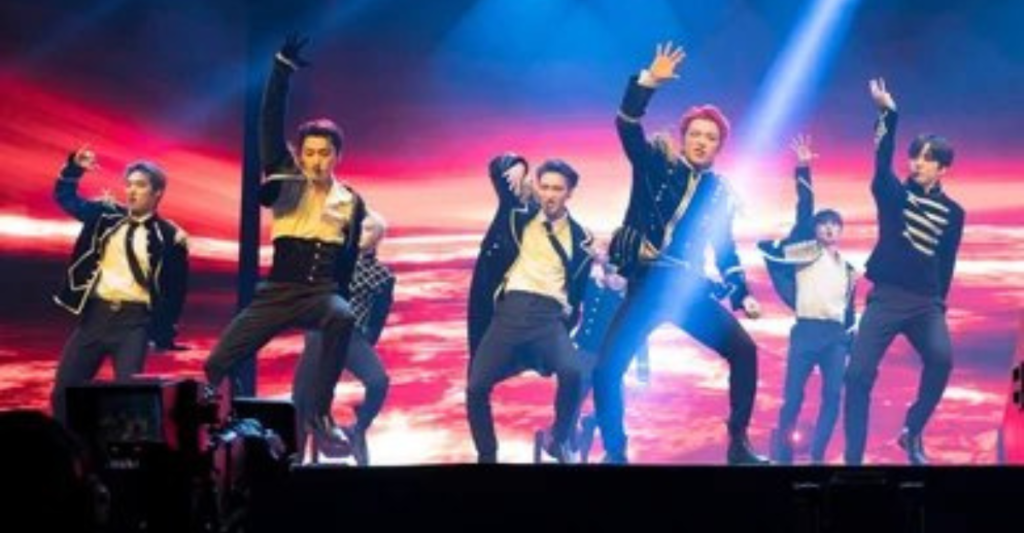Why Pop Culture and Celebrity Culture Are Changing Due to Social Media | InfoSphereOnline
- 138 Views
- Tanu Sharma
- 24 August 2024
- Blog Entertainment
Social Media’s Ascent to Power in Pop Culture

In the digital age, social networking has unquestionably taken centre stage as mainstream culture. Its power to set trends, give voice to celebrities, and unite fans throughout the globe is unmatched. Social media sites like Instagram, Twitter, and TikTok have evolved into digital platforms where celebrities perform, engage with one another, and construct their businesses.
The accessibility and immediate nature of social media has transformed celebrity culture. Thanks to the accounts of their idols, fans can now obtain real-time updates and behind-the-scenes looks without having to wait for magazine interviews or TV appearances. An unprecedented level of closeness is fostered by this direct connection.Because social media is so viral, pop cultural trends now appear and spread quickly.
How Celebrities are Leveraging Social Media to Connect with Fans
Celebrities are utilising social media platforms strategically to transform their fan interactions. Stars are slicing through conventional barriers and interacting directly with fans through their active social media presence. With this unmatched access, fans can experience a closer bond and greater allegiance with their favourite celebrities.Celebrities can use social media to their greatest advantage by posting behind-the-scenes content.Their followers are genuinely moved by the sense of authenticity these behind-the-scenes looks into their daily lives, creative processes, and intimate moments provide.
This strategy not only fulfils curiosity but also gives them a more approachable and sympathetic human face.Furthermore, social media has developed into a vital resource for personal branding. Celebrities have the ability to deliberately select how they present themselves online, directing the narrative and influencing public opinion. They can address rumours, make significant announcements, and display their personalities without the traditional media’s filter thanks to this direct line of communication.
Social Media’s Effect on Pop Culture Movements and Trends

Viral challenges, meme culture, and hashtag activism have gained international traction thanks to social media’s revolutionary impact on the dissemination of pop culture trends and movements. Thanks to social media sites like TikTok, Instagram, and Twitter, ideas may quickly go viral and transcend continents in a matter of hours, creating fertile ground for cultural phenomena. Popular tasks such as the Ice Bucket Challenge and the newest dance fad demonstrate how social media can bring people together across the globe through common experiences.
Meme culture has developed into a language that speaks to everyone, breaking down barriers and influencing the way we express and communicate. Moreover, hashtag activism has emerged as a potent force for social change, mobilising millions around causes and amplifying marginalised voices. The speed and reach of social media challenges have transformed how brands engage with audiences and how celebrities maintain relevance. As we navigate this interconnected digital landscape, it’s clear that social media isn’t just reflecting pop culture – it’s actively shaping it, creating a dynamic and ever-evolving cultural tapestry that touches every aspect of our lives.
Celebrity Scandals and Controversies in the Age of Social Media
In today’s digital age, celebrity scandals and controversies spread like wildfire, thanks to the lightning-fast nature of social media. Gone are the days when a carefully crafted press release could contain a crisis. Now, stars face instant online backlash and the looming threat of cancel culture with every misstep.Public apologies have become an art form, with celebrities and their PR teams crafting statements that walk the fine line between accountability and damage control.
But public opinion is a harsh and impatient court, and it frequently decides how effective these apologies are.For celebrities, managing their reputations is more important than ever. Many are using complex PR techniques, hiring groups of specialists to keep an eye on their internet image and respond quickly to possible problems before they get worse. In order to interact with their fan base and directly address concerns, some celebrities have even embraced transparency by using their own social media channels.
The Prospects of Pop Culture and Celebrity Culture in the Age of Social Media

Celebrity culture is changing quickly as a result of new technology and social media. Social media influencers possessing millions of followers are revolutionising brand collaborations and fan interaction. With its ability to provide holographic concerts and interactive meet-and-greets, augmented reality is revolutionising fan experiences. NFTs and blockchain are opening up new avenues for the ownership and collection of digital celebrity relics.
Beyond physical boundaries, the metaverse will present celebrities that are exclusively available digitally. Entertainment will undergo a transformation thanks to AI-generated material, which will tailor experiences and cast doubt on authenticity. For those who welcome these changes, this new age of celebrity culture promises dynamic and participatory experiences by obfuscating the boundaries between digital and physical realities.
Conclusion:Accepting Pop Culture’s Social Media Revolution | InfoSphereOnline
Upon concluding our examination of social media’s influence on popular culture, it is evident that we are residing in a period of profound transformation. The way we create, consume, and engage with entertainment and cultural phenomena has been permanently transformed by the digital realm. Social media has emerged as the central hub of contemporary pop culture, spawning everything from quick celebrity updates to viral dance competitions.
Embracing this revolution isn’t just an option; it’s a necessity for staying relevant in today’s fast-paced world. Whether you’re an artist, a fan, or simply a casual observer, social media offers unprecedented opportunities to engage with and shape the cultural conversation.
Frequently ask questions ?
What impact does pop culture have on societal values?
Pop culture has a big impact on media-mediated societal values by influencing people’s attitudes and actions. It exposes novel concepts, questions accepted wisdom, and starts meaningful dialogues. While environmental themes in films have increased awareness of climate change, media representation has enhanced acceptance of diversity. As icons of pop culture, celebrities and influencers affect lifestyle choices and public opinion on a range of topics. Pop culture is far from being superficial; rather, it serves as a unifying factor, a catalyst for change, and a reflection of society at large. We contribute to moulding our common values and ideas as we interact with them.
How can following celebrities on social media affect our mental health?
Because it fosters feelings of inadequacy and irrational expectations, celebrity social media can be detrimental to mental health. We tend to overlook that these carefully chosen messages are merely filtered glimpses of reality and instead compare our lives to them. Anxiety, despair, low self-esteem, and unhealthy obsessions might result from this. Limit exposure to celebrity content, prioritise relationships and personal development, unfollow accounts that harm one’s perception of oneself, and safeguard mental health.
Is the line between celebrity and influencer becoming blurred?
The distinction between influencers and celebrities is becoming more hazy in the digital era. Influencers break into the mainstream media, while celebrities use social media to interact with their supporters. This convergence modifies how people view influence and celebrity. On the internet, celebrities become more approachable, and influencers become well-known. This change is driven by authenticity, as both groups establish real ties with the audience. As a result, stardom becomes more democratic and emphasises participation in addition to skill. Anticipate a rise in the cooperation between influencers and celebrities, further merging these groups. Impact and reach are more important than labels in the digital era.
Do celebrities have a responsibility to use their platforms for social good?
Celebrities have a big impact on how people feel and how society changes. Through leveraging their platforms for social good, they can encourage action and bring important concerns to light. Their support of subjects such as mental health and climate change inspires followers and makes a real difference through organisations or donations. It is naive to disregard celebrities’ potential for positive change, despite the argument made by some that they should only concentrate on entertainment. Celebrities have a moral obligation to use their influence in the connected world of today to further meaningful debates and meaningful change for the benefit of society.
Recent Posts
- Effective Parenting and Childcare: Nurturing Happy, Healthy, and Confident Children
- Travel Guide: Family, Culture, Eco-Tourism, and Luxury
- Backpacking Travel vs. Business Travel: Finding the Perfect Balance for Your Adventures
- Must-Try Outfit Ideas Inspired by the Latest Fashion Trends for Every Season
- Essential Parenting Resources for Managing Child Behavior and Overcoming Parenting Challenges

